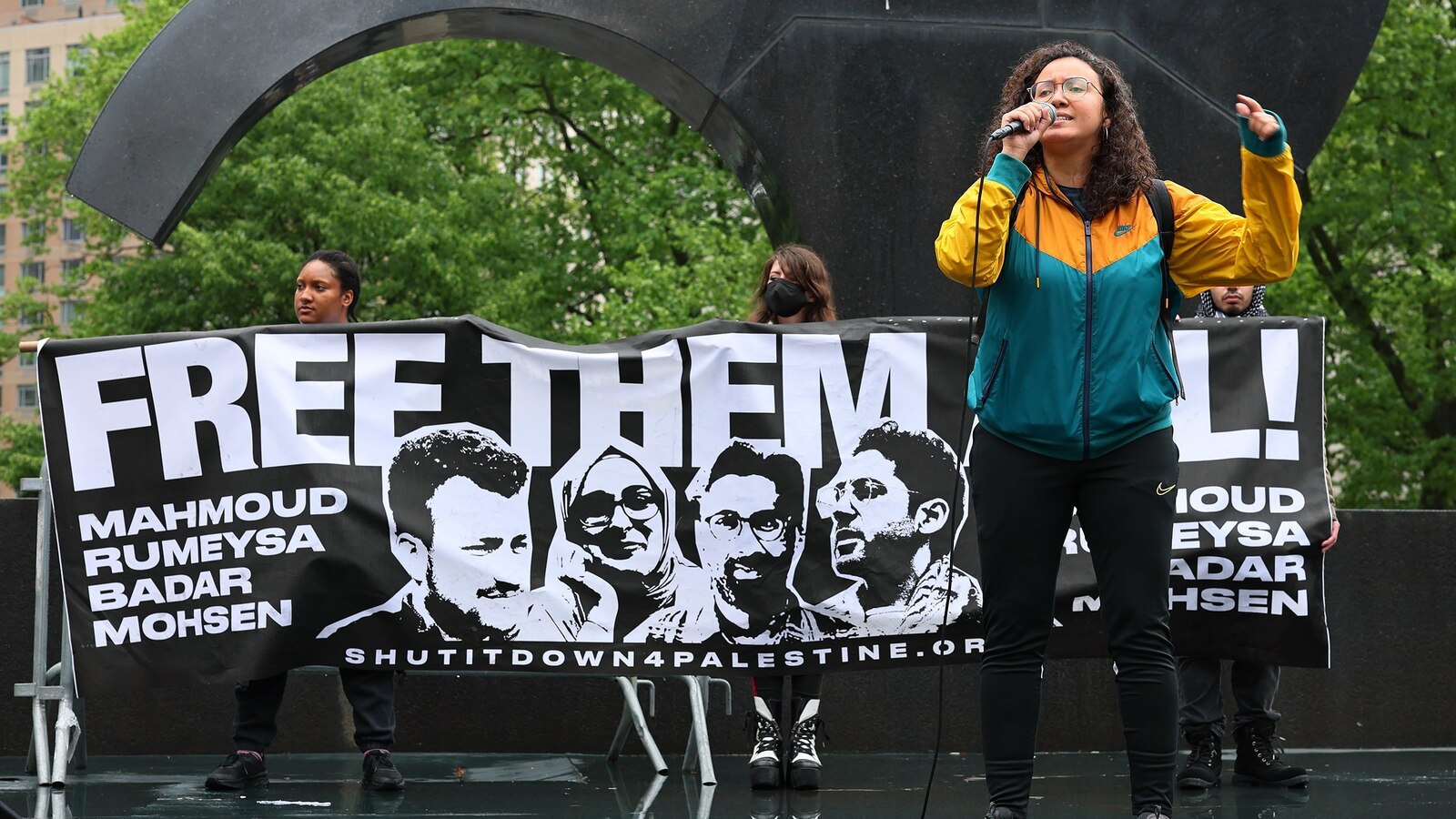As court battles over the Trump administration’s revocation of foreign student visas heat up, a federal judge in Boston is considering the question of whether those in the United States who are not citizens are protected under the same constitutional right to free speech as U.S. citizens.
During a court hearing in Massachusetts preparing for a trial in a lawsuit challenging the Trump administration’s student visa revocation, Judge William Young suggested that it is “not clear” to him that noncitizens have the “full rights to free speech” that citizens have, as the Trump administration attempts to use the speech of some international students to justify their deportations.
“I find that that’s assumed by a number of my colleagues in related cases that deal with free speech in the lower courts, but I’m not clear that noncitizens have, I will call them, the full rights to free speech that a citizen has,” the Reagan-appointed judge said.
“I’m hopeful we don’t get to it in this case, but I don’t see how that will work if a noncitizen has the same rights as a citizen to speak about these matters,” the judge said, suggesting the question should be answered by the Supreme Court.

People gather for a rally in support of Tufts University student Rumeysa Ozturk and Columbia University student activist Mohsen Mahdawi in Foley Square on May 06, 2025 in New York City.
Michael M. Santiago/Getty Images
In March, the American Association of University Professors, the Middle East Studies Association and other organizations representing academics and students at universities, including Harvard University, sued the Trump administration, claiming the government’s recent efforts to revoke visas and detain and deport pro-Palestinian activists have “created a climate of repression and fear on university campuses.”
The groups have accused the Trump administration of “terrorizing students and faculty for their exercise of First Amendment rights,” while the government has sought to throw out the case, dismissing the claim that the Trump administration is enforcing a policy of “ideological deportations.”
The case is expected to proceed to a trial in June.
During Tuesday’s hearing, Young stressed this is “truly a free speech case,” explaining that both high-ranking officials, including the president, and their critics are protected under free speech, no matter how “brutal, coarse, demeaning” the speech might be.
He also specified that he considers pro-Palestinian advocacy and criticism of the state of Israel, as well as antisemitism, free speech because hate speech is not prohibited under the First Amendment.
What the court aims to find through the trial, the judge said, is whether the federal government committed any “retribution” against people for their speech to a chilling effect, which the plaintiffs claim and the government denies.
“We’re going to have to figure out what happened — what is it that the plaintiffs say is actual retribution against speakers?” Young said.

Mohsen Mahdawi speaks outside the courthouse after a judge released the Palestinian student activist, April 30, 2025 in Burlington, Vt.
Amanda Swinhart/AP
The judge added that he is also seeking detailed explanations from the government on its visa revocation, detention and deportation process.
“When we get down to the level of ICE enforcement agents … I want to know what was going on. Why were they armed or masked or not or identified or not — all of that. What was going on and why? Who set that out? Who set up this business with the Mahdawi in Vermont?” the judge said, referring to the case of Palestinian Columbia University student Mohsen Mahdawi, who was arrested at a citizenship interview and was recently released.

